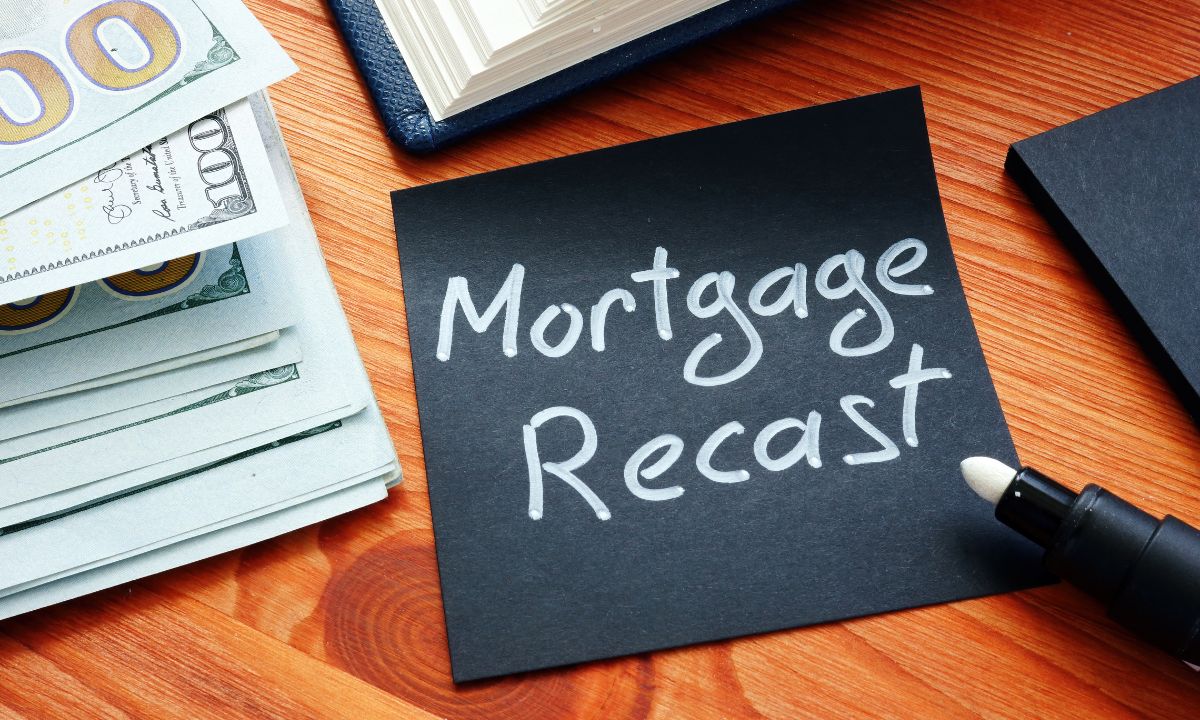Important Tips for Paying Off Your Mortgage Early and Saving on Interest
 Are you dreaming of the day when you can declare yourself mortgage-free? Paying off your mortgage early not only liberates you from monthly payments but can also save you a significant amount in interest. While it may seem daunting, a few strategic moves can bring this goal within reach. Here are seven actionable tips to help you pay off your mortgage early and save on interest.
Are you dreaming of the day when you can declare yourself mortgage-free? Paying off your mortgage early not only liberates you from monthly payments but can also save you a significant amount in interest. While it may seem daunting, a few strategic moves can bring this goal within reach. Here are seven actionable tips to help you pay off your mortgage early and save on interest.
1. Make Biweekly Payments
Instead of sticking to the conventional monthly payment schedule, consider switching to biweekly payments. By making half of your monthly payment every two weeks, you’ll end up making 26 half-payments per year, which equals 13 full payments. This simple change can shave years off your mortgage term and save you thousands in interest.
2. Round Up Your Payments
Another easy strategy is to round up your mortgage payments. For instance, if your monthly payment is $1,456, rounding up to $1,500 can make a considerable difference over time. This small increase adds up and helps you chip away at your principal faster.
3. Make Extra Payments
Whenever possible, make extra payments towards your mortgage principal. This can be done by allocating bonuses, tax refunds, or other windfalls directly to your mortgage. By paying down the principal balance faster, you reduce the amount of interest you’ll pay over the life of the loan.
4. Refinance to a Shorter Term
If you’re in a strong financial position, refinancing your mortgage to a shorter term, such as from a 30-year to a 15-year loan, can result in significant interest savings. While your monthly payments may increase, the amount saved in interest over the loan’s duration is often substantial.
5. Reduce Your Spending and Reallocate the Savings
Analyze your budget and identify areas where you can cut back on expenses. Redirect these savings towards your mortgage payments. This could involve cutting down on dining out, canceling unused subscriptions, or finding more cost-effective ways to entertain yourself.
6. Apply Windfalls to Your Mortgage
Whenever you receive unexpected income, such as a work bonus, tax refund, or inheritance, consider putting it towards your mortgage. These lump sum payments can significantly reduce your principal balance, leading to less interest accruing over time.
7. Recast Your Mortgage
Mortgage recasting is an option worth exploring if you receive a large sum of money and want to lower your monthly payments without the need to refinance. By making a substantial principal payment, your lender recalculates your monthly payments based on the new, lower balance. This can reduce both the amount of interest you’ll pay and the length of your mortgage term.
Paying off your mortgage early and saving on interest is a feasible goal with the right strategies in place. By implementing biweekly payments, rounding up payments, making extra payments, refinancing, reducing spending, applying windfalls, and considering mortgage recasting, you can achieve financial freedom sooner than you might think. Remember, every little bit helps, and the sooner you start, the more you’ll save in the long run. Happy saving!
Fact Check Summary:
- The biweekly payment strategy effectively adds one extra payment per year, reducing the loan term and interest.
- Rounding up payments and making extra payments directly affect the principal, reducing interest.
- Refinancing to a shorter term generally results in lower total interest paid, despite higher monthly payments.
- Budget adjustments can free up additional funds to be directed toward the mortgage.
- Windfalls can significantly impact the principal balance when applied to the mortgage.
- Mortgage recasting is a viable option to lower monthly payments and interest without refinancing.

 When it comes to managing your mortgage, you might have heard of refinancing as a popular option to reduce monthly payments or pay off your loan faster. However, there’s another lesser-known strategy called mortgage recasting. Let’s dive into what mortgage recasting is, how it works when it makes sense to consider it, and when you might want to avoid it.
When it comes to managing your mortgage, you might have heard of refinancing as a popular option to reduce monthly payments or pay off your loan faster. However, there’s another lesser-known strategy called mortgage recasting. Let’s dive into what mortgage recasting is, how it works when it makes sense to consider it, and when you might want to avoid it. Buying a home is always an exciting journey, but it can also be overwhelming, especially when it comes to working through the mortgage process. One key player who will help to ensure your loan goes smoothly through this process is the Mortgage Loan Processor. If you’re wondering what to expect when working with a Mortgage Loan Processor, here’s a rundown of their important role and how they help you close your loan efficiently.
Buying a home is always an exciting journey, but it can also be overwhelming, especially when it comes to working through the mortgage process. One key player who will help to ensure your loan goes smoothly through this process is the Mortgage Loan Processor. If you’re wondering what to expect when working with a Mortgage Loan Processor, here’s a rundown of their important role and how they help you close your loan efficiently.